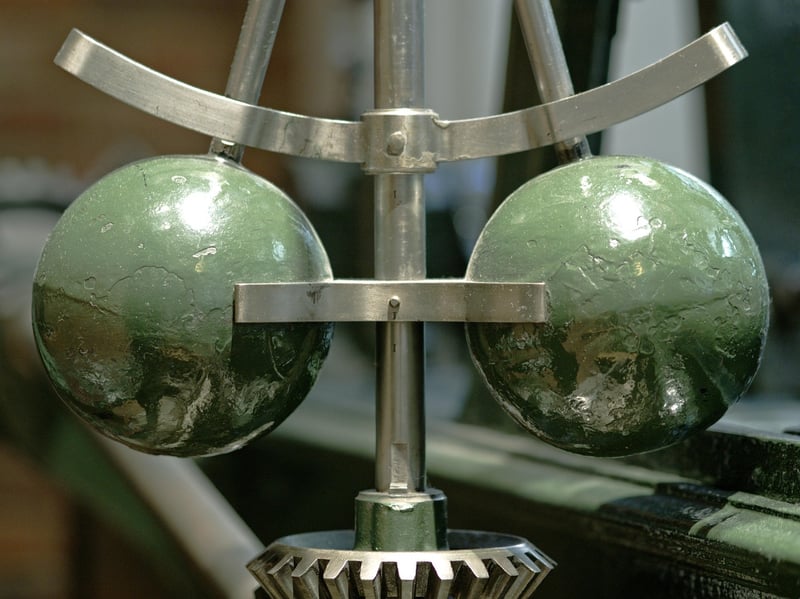Industrial Revolution
Exploring the Past: The Industrial Revolution
The Industrial Revolution was a pivotal period in history that transformed societies and economies through technological advancements and industrialization. This era, which began in the 18th century, marked a significant shift from agrarian and handcrafted economies to machine-based manufacturing processes.
Key Aspects of the Industrial Revolution:
- Inventions: The Industrial Revolution saw the creation of groundbreaking inventions such as the steam engine, spinning jenny, and power loom, which revolutionized production processes.
- Urbanization: The rapid growth of industries led to urbanization as people moved to cities in search of employment in factories and mills.
- Social Impact: The Industrial Revolution brought about significant social changes, including the rise of the working class, labor movements, and debates on working conditions and child labor.
- Economic Growth: Industrialization fueled economic growth and increased productivity, laying the foundation for modern capitalism.
Impact of the Industrial Revolution:
The Industrial Revolution had far-reaching consequences that shaped the modern world. It accelerated technological progress, transformed transportation systems, and influenced global trade and imperialism.

Factories and mechanized production methods became emblematic of this era, facilitating mass production and the growth of industries such as textiles, iron, and coal mining.
Legacy of the Industrial Revolution:
The legacy of the Industrial Revolution continues to shape contemporary society, with its impact evident in modern manufacturing processes, technological innovations, and global supply chains.
Exploring the past and understanding the Industrial Revolution is essential for comprehending the roots of modern industrial society and its ongoing influence on our daily lives.
For further reading on the Industrial Revolution, visit this link.
